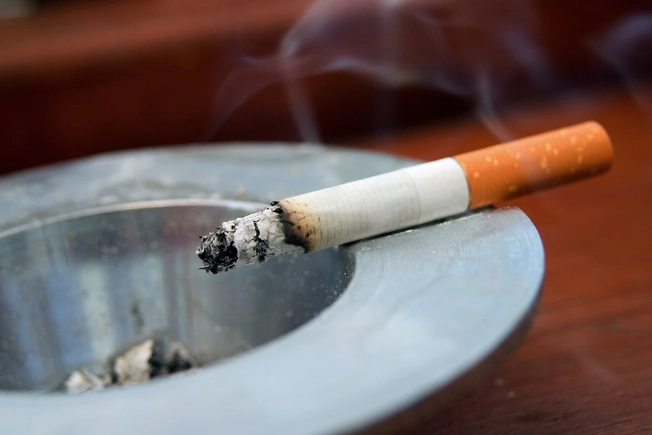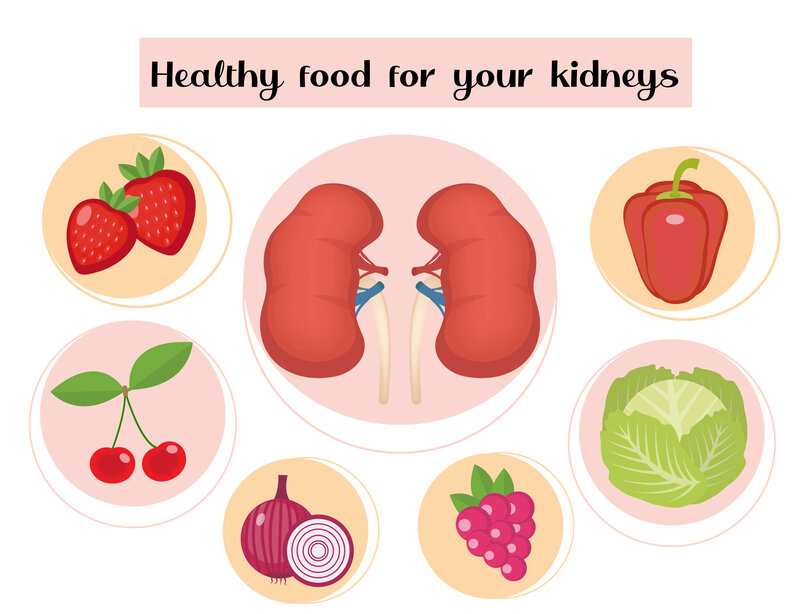How To Improve Kidney Function
How To Improve Kidney Function

5 Ways to Keep Your Kidneys Healthy
Keep active and fit
Exercise benefits more than just your waistline. It has the potential to lower the risk of chronic renal disease. It can also lower your blood pressure and improve your heart health, both of which are beneficial in preventing kidney problems.
Walking, running, cycling, and even dancing are all excellent forms of exercise. Find an enjoyable activity to keep you active. It will be easier to stick to it and get fantastic results.
Eating lots of fruit and veg
A nutritious diet can help you maintain a good blood pressure and cholesterol level, as well as minimize your risk of renal disease.

We should all consume at least five glasses of fruits and vegetables every day, along with some starchy foods like potatoes, dairy or dairy alternatives, and protein in the form of beans, lentils, eggs, fish, or meat. You should also strive to limit your intake of saturated fat and sugar.
Don’t smoke
Smoking harms the blood blood vessels in your body. Tobacco use reduces blood flow to important organs such as the kidneys and increases the risk of renal disease. Smoking can also make blood pressure drugs less effective, and if not regulated properly, can lead to kidney damage. Smoking also increases the risk of cancer in the kidneys.

Moving more
Being active helps support your general health, may help your kidneys.
Walking, cycling, dancing, and gardening can all be replaced for going to the gym. Aim for at least 150 minutes of moderate exercise every week, or 75 minutes of hard work. This can be split down into small elements that you can fit into your day, such as cycling instead of driving or getting off the bus a stop early and walking some of the way to the stores. If you haven’t exercised in a while, check your doctor before beginning.
Drink Enough Water
Water transports vital nutrients to your kidneys and waste to your bladder in the form of urine. If you don’t drink enough water, the tiny filters inside your kidneys might become blocked, resulting in kidney stones and infections. Even minor dehydration can harm your kidneys if it occurs regularly enough. Four to six cups a day is usually sufficient, but if you’re sick or out in the heat, you may require more.
What Foods Help in Kidney Repair?
It is critical to watch food and hydration intake if you have kidney disease since sick kidneys cannot eliminate waste materials from the body as well as healthy kidneys.

- Apples: Apples are high in pectin, a type of soluble fiber. It has the ability to decrease cholesterol and glucose levels. It has a lot of nutrients. Fresh apples are also high in vitamin C.
- Blueberries: Blueberries are a high-fiber, low-calorie source of vitamin C. According to research, it has the ability to protect against cancer and heart disease, as well as providing benefits to brain health.
- Fish: Omega-3 fatty acids are rich in fish such as salmon, tuna, herring, and sardines. It is necessary for blood clotting and cell membrane development in the brain. It may minimize the risk of an irregular heartbeat, lower triglyceride levels, and lightly lower blood pressure, according to research.
- Spinach: Spinach contains a lot of vitamins A, C, and K. Spinach boosts your immune system and protects your vision. It also contains a lot of magnesium.
- Sweet potato: Sweet potatoes are strong in soluble fiber and low in sugar. This makes you feel full.
8 Problems Kidney Disease Can Cause:
- Heart disease
- Heart attack and stroke
- High blood pressure
- Put your life at risk
- Weak bones
- Nerve damage (neuropathy)
- Kidney failure (end-stage kidney disease)
- low red blood cell count
What fruit is bad for kidneys?
Most fruits are not toxic to those with healthy kidneys. When the kidneys are injured or people suffer from renal illness, the filtration mechanism is disturbed and waste materials remain stuck in the body.
• Mineral-rich foods, such as salt, potassium, and phosphorus, stress the kidneys and may cause more kidney damage.
• Among these substances, avoiding potassium-rich meals and a high sodium diet is critical in conditions, particularly kidney injury.
• Dietary modifications are recommended to avoid these substances that increase stress in the kidneys.
People suffering from kidney disease should avoid these fruits.
• Bananas
• Avocados
• Citrus fruits and drinks, such as oranges and grapefruit
• Prunes and prune juice
• Apricots
• Dried fruits, such as dates and raisins
• Melons, such as honeydew
In patients with kidney disease, the citric acid in oranges may increase the chance of developing kidney stones. Salt and salt substitutes containing potassium should be avoided. If the patient’s potassium or other harmful substance levels rise, he or she may need dialysis.
When the kidneys do not work properly, dialysis is performed to remove waste products and excess fluid from the blood.
Comments
Post a Comment